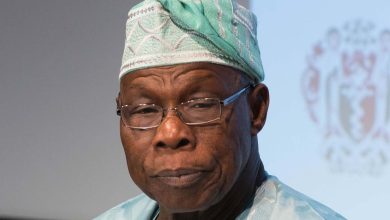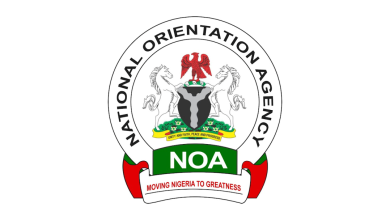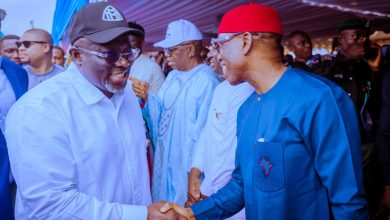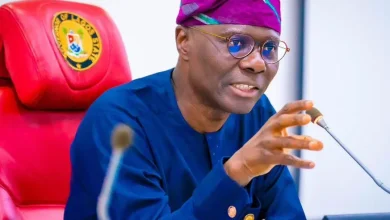Guinea-Bissau junta installs Army General as interim leader after sudden coup
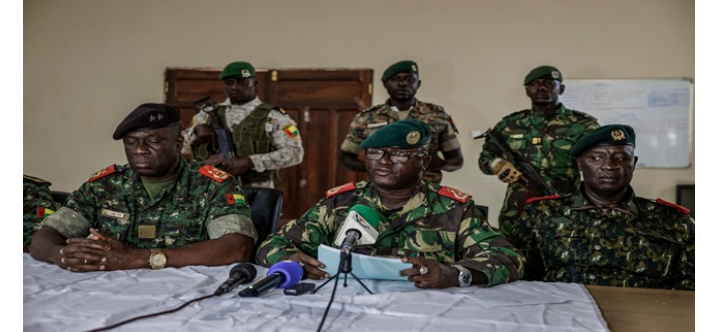
Guinea-Bissau’s military on Thursday appointed Army Chief of Staff General Horta N’Tam as the country’s transitional leader, a day after soldiers toppled the government, detained the president, and halted the release of election results.
The announcement followed a night of tension in the capital, Bissau, where heavy gunfire had echoed around the presidential palace and armed soldiers took up positions along key routes.
By Thursday morning, troops were still patrolling the vicinity as residents cautiously returned to the streets.
General N’Tam was sworn in during a brief ceremony at the armed forces headquarters, where dozens of heavily armed soldiers stood guard.
Addressing reporters afterward, he said the intervention was necessary to stop efforts he claimed were designed to undermine the country’s democracy.
According to him, the military leadership had gathered what it considered “sufficient evidence” to justify stepping in, insisting that the situation required “urgent and collective action” from all institutions.
N’Tam, who previously served as army chief and was seen as close to President Umaro Sissoco Embaló, will lead the country for a one-year transition period.
The coup was formally announced on Wednesday by General Denis N’Canha, head of the presidential military office, who declared that the armed forces had assumed full control of the state “until further notice.”
N’Canha alleged that the military had uncovered a plot involving “drug lords” and a plan to bring weapons into the country to disrupt the constitutional order.
As part of the takeover, soldiers suspended the electoral process, halted broadcasting by media outlets, imposed a nationwide curfew, and sealed land, sea, and air borders.
By Thursday, General Lassana Mansali said borders had been reopened, although the curfew and media restrictions remained in place.
President Embaló, who was anticipated to perform strongly in the election held last Sunday, was arrested during the coup and is being held at military headquarters. A military source said he is “in good condition.”
Other senior officials including the interior minister and the chief of staff were also detained.
Opposition leader Domingos Simões Pereira, who had been disqualified from contesting the election after a Supreme Court ruling, was reportedly arrested as well, according to sources linked to his political camp.
The coup has drawn swift condemnation from the Economic Community of West African States (ECOWAS), which reiterated its “zero tolerance” for unconstitutional changes of government.
The United Nations also expressed alarm, with a spokesperson for Secretary-General António Guterres stating that he was following developments “with deep concern.”
Portugal, the former colonial power, urged all actors in Guinea-Bissau to avoid violence and respect institutional norms.
Meanwhile, press freedom advocates criticised the suspension of media operations. Reporters Without Borders described the blackout as a serious breach of citizens’ right to information during a national crisis.
Guinea-Bissau, situated between Senegal and Guinea, has a turbulent political history, enduring four successful coups since gaining independence from Portugal in 1974 as well as several failed attempts.
The country has also become a transit hub for cocaine smuggling between Latin America and Europe, a factor analysts say fuels political instability.
The region itself has witnessed a wave of coups over the past few years, with Mali, Burkina Faso, Niger, and Guinea all experiencing military takeovers.
